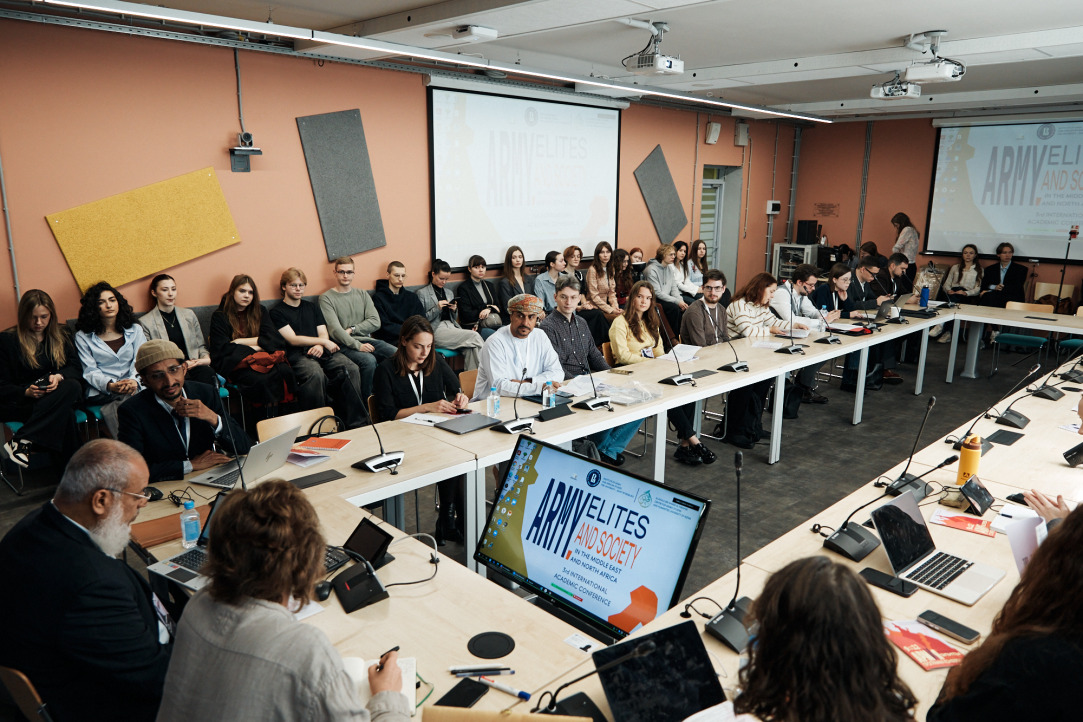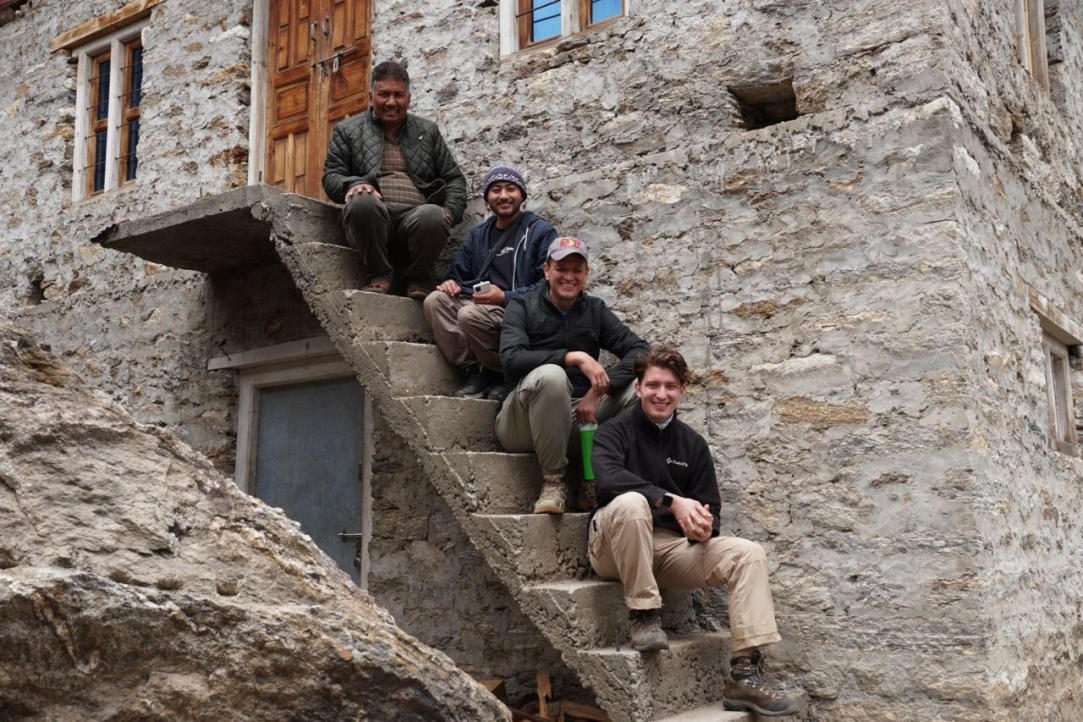
70 Researchers from Seven Countries: HSE University-St Petersburg Hosts Conference on the Middle Eastern and North African Studies
HSE University-St Petersburg held the 3rd International Academic Conference ‘Army, Elites, and Society in the Middle East and North Africa’. The event brought together researchers from Russia, Oman, Belarus, Uzbekistan, and several other countries.

‘Why Data Analysis Is Art’: HSE University–St Petersburg Hosts International School on Statistics
Why do statistical methods sometimes yield unexpected results? How does the creative approach help to process data in complex linguistic research? Is there 'a magic button' to analyse the results? The answers to these and other questions were the topic of the three-day autumn school 'Statistics in Psycho- and Neurolinguistics.'

Environmental Regulation in Russia and India
In Schola’s latest instalment showcasing the winners of the International Academic Cooperation of HSE University competition, Aleksei Sorbale speaks about the project ‘Regional and Inter-Regional Associations in Norm-Building and Norm-Control in the Area of Environmental Regulation in Russia and India,’ carried out jointly with a research team from India’s University of Petroleum and Energy Studies (UPES).

HSE University-St Petersburg Master's Student Speaks at the Largest International Conference on Statistics
Yury Burchanov, student of the master's programme 'Finance', studies credit risk modeling in modern financial markets. He presented his research at the Royal Statistical Society International Conference.

HSE University-St Petersburg Student Represents the University at International Summer School on Statistics in Potsdam
Yana Nikonova, research assistant at the Centre for Language and Brain at HSE University-St Petersburg, presented her research to international experts in the sphere of psycholinguistics and cognitive psychology during the Summer School at the University of Potsdam.

HSE University–St Petersburg Student Presents Papers at Largest International Conference on Network Analysis
Apollinaria Ermolaeva, student of the Master's programme 'Data Analytics for Politics and Society' and research assistant at the Laboratory of Sociology in Education and Science, studies teenagers' behaviour and interpersonal relationships in this age group. She presented the results of her work at Sunbelt, the world’s largest conference on network analysis.

HSE University–St Petersburg and Universiti Teknologi Malaysia Release First Book of Mirror Laboratory
Malaysia hosted the AHIBS 'Weaving Horizons for Sustainable Impact' international conference, which featured the presentation of the first Russian–Malaysian book of research articles.

'Samarkand—St Petersburg': HSE University–St Petersburg and Samarkand State University to Design Digital Future of Cultural Heritage
Samarkand State University named after Sharof Rashidov hosted the international research and educational seminar 'Branding Cultural Heritage: Digital Tools and Design Practices.' The event gathered researchers and students from Russia and Uzbekistan—participants of a large-scale project of the mirror laboratory 'Integrated Platform Solutions for the Preservation and Promotion of Cultural Heritage (Cases of Samarkand and St Petersburg)'.

'Global Dialogue about the Future': Key Topics of Expert Lectures at HSE St Petersburg International Partners' Week
The International Partners' Week at HSE University-St Petersburg united more than 100 representatives of leading universities from 23 countries. During the large forum, specialists of the campus, invited experts and international partners took part in panel discussions on artificial intelligence, the use of 'soft power', shaping a new generation of leaders and many other topics.
.jpg)
Academic Research at HSE University-St Petersburg: Opportunities and Experiences
HSE University holds the status of a National Research University, a prestigious title given to a limited number of universities in Russia. As such, it has a strong commitment to training students to conduct academic research starting from the first year of bachelor’s studies. The university rewards academic research and creates an environment where students can participate in research competitions and work in research centres.

